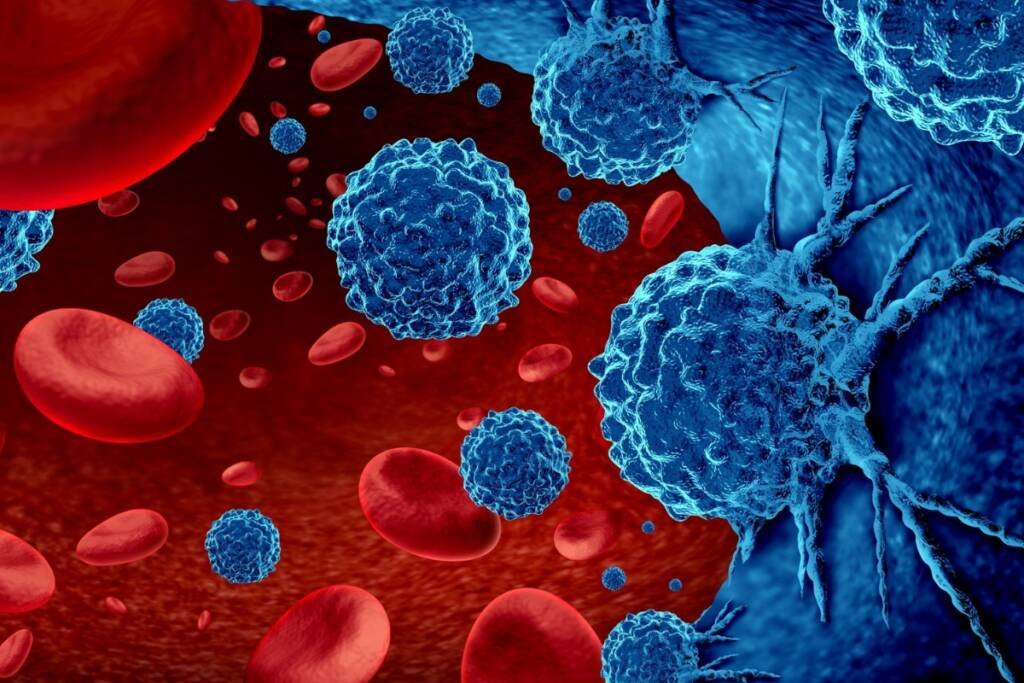Findings from the first-in-human AUTO4-TL1 trial (NCT03590574), which were presented at the 17th Annual International Conference on Malignant Lymphoma, showed that the CAR T-cell therapy AUTO4 was not linked to dose-limiting toxicities (DLTs) and resulted in early indications of efficacy in patients with relapsed/refractory TRBC1-positive peripheral T-cell lymphoma (PTCL).
Any-grade and grade 3 or higher treatment-emergent adverse effects (TEAEs) were noted in 92.3% (n = 12) of patients in each group of all patients who received the product intravenously (n = 13). Infections and infestations (any-grade, 53.8%; grade 3, 7.7%), significant TEAEs (any-grade, 38.5%; grade 3, 30.8%), and cytokine release syndrome (any-grade, 53.8%; grade 3, 7.7%) were among the TEAEs. Neutropenia/decreased neutrophil counts (grade 3, 69%) were another. Notably, there was no evidence of immune effector cell-associated neurotoxicity syndrome at any grade.
In the past, a prospective research (NCT01142674) with a median progression-free survival (PFS) of 8 months and a median overall survival (OS) of 5.8 months revealed that 68% of patients with PTCL relapsed (21%) or were resistant (47%) following first-line therapy.
In a presentation of the AUTO4-TL1 data, lead study author Kate Cwynarski, MD, of the Department of Haematology at University College London Hospital in the United Kingdom, stated that “[patients with] PTCL have not yet benefited from immunotherapy, pan T-cell depletion is toxic, and there are few tumor-specific antigen targets in PTCL.”
TRBC1 or TRBC2 are expressed by the clonal illness PTCL. Both cells that are TRBC1- and TRBC2-positive can be found in normal T-cell populations. But T-cell malignancies only impact one kind of cell. TRBC1-positive cells can have their T-cell malignancy eliminated while still having enough healthy TRBC2-positive T cells to sustain immunization because AUTO4 preferentially targets TRBC1 over TRBC2.
In two phases, AUTO4-TL1 granted patients’ permission.1 Archived lymphoma tissue from patients was subjected to TRBC1 or TRBC2 next-generation sequencing screening in section A. Patients having tumors that were TRBC1-positive received trial screening in part B. Patients with confirmed TRBC1-positive relapsed/refractory PTCL-not otherwise specified (PTCL-NOS), angioimmunoblastic T-cell lymphoma (AITL), or anaplastic large cell lymphoma (ALCL) who had undergone at least one prior line of treatment were eligible if they were 18 years of age or older. If a patient had current central nervous system involvement, a history of allogeneic stem cell transplantation, or both, they were disqualified from the study.





























